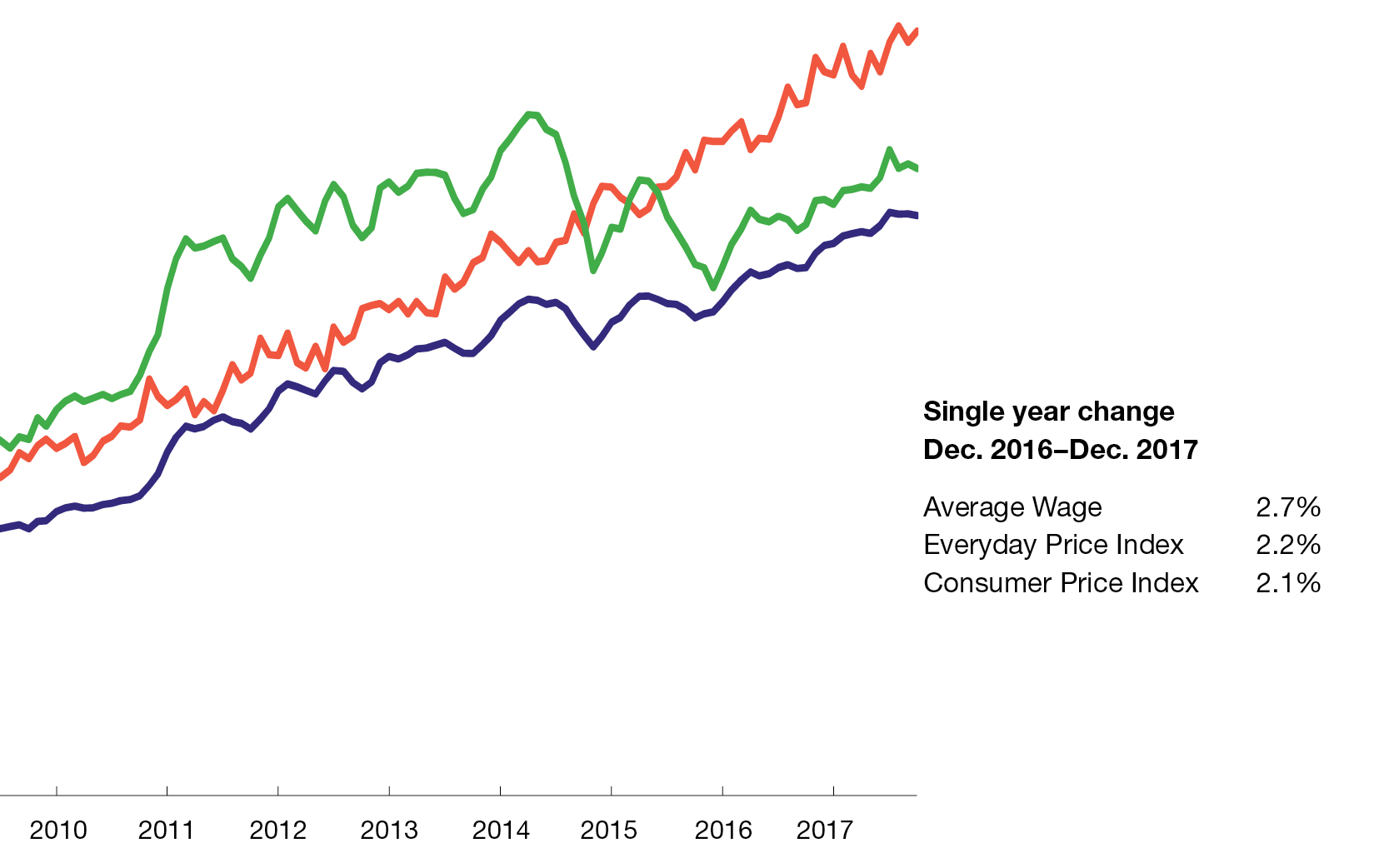Creative Destruction at Ground Zero in Internet’s Commercialization
Move over, Al Gore. Joseph Schumpeter is the real inventor of the internet.
Harvard University Professor Shane Greenstein has put Schumpeter’s “creative destruction” concept at the center of his book “How the Internet Became Commercial: Innovation, Privatization, and the Birth of a New Network.” The book was the co-winner of the Schumpeter Prize given in July 2016 at the 16th meeting of the International Joseph A. Schumpeter Society.
Greenstein teaches at Harvard Business School as the Martin Marshall Professor of Business Administration and is co-chair of the school’s Digital Initiative. The book makes its first mention of Schumpeter (1883–1950), who taught economics at Harvard, on page 5, using the classic book “Capitalism, Socialism, and Democracy” to frame a thesis that draws on the penultimate line “This process of Creative Destruction is the essential fact about capitalism.”
“Schumpeter argues that little is permanent in market economics, and such impermanence serves a useful purpose in the face of large dominant firms,” Greenstein wrote. “The market value of dominance will motivate new firms to aspire to reach a similar position, principally through creating and promulgating innovations.”
As for the motivating question, it is essentially this: “How can innovation have such a transformative role in the restructuring of industries? Specifically, replacing one economic structure with another is often called the process of ‘creative destruction,’ and a crucial question of this book might be rephrased as ‘What role does innovation and commercialization play in creative destruction?’”
In a 1984 essay published by the American Economic Association, Professor Herbert Giersch wrote that the first three quarters of the 20th century could be called the Age of Keynes, yet the fourth quarter had “a fair chance of becoming the Age of Schumpeter.” The internet’s commercialization that started in the 1990s is testament to the truth of Giersch’s forecast.
Greenstein said as much in remarking on the award given him in Montreal by the International Joseph A. Schumpeter Society. “If ever there was an event that brought Schumpeter to life in our own times, it was the commercialization of the Internet,” he wrote in an email. “I am pleased that the Schumpeter Society thought so, too.”
Mentions of Schumpeter in four pages of Greenstein’s book center on the drive to get on top through innovation and on running scared upon reaching there:
Schumpeter would have forecast the narrative arc of this book: Mainstream firms who have traditionally assumed leadership roles were threatened by innovation from others, and they reacted by innovating. The book also argues that much of this innovation would not have occurred in the absence of innovation from the edges. By fostering creative destruction, innovation from the edges created value much faster and with greater success than any single organization could have. (p. 12)
Greenstein revisits the periphery idea in a chapter titled “Enabling Innovations from the Edges”:
Just as Joseph Schumpeter wrote many decades earlier, creative destruction involved more than just the mere invention of new techniques or new technical knowledge, it also involved the creation of distinct new processes for delivering commercial services. Creative destruction also involved new combinations of business processes for organizations that support new services. (p. 427)
Former Vice President Al Gore’s contributions to the internet have some basis in fact, but they were exaggerated during the heat of the 2000 presidential campaign, Greenstein writes:
While it was not readily apparent to the man on the street who had invented what and when, it also was obvious that no single individual could take credit for inventing the Internet. Such a claim came across as absurdly funny, and from a politician it came across as egotistical fantasy, the delusions of someone who overestimates their own power and significance. More to the point, it was a powerful slogan, and persuasive to the uninformed.
The internet’s beginnings as a government instrument and its later commercialization pose an interesting conundrum for libertarian and other free market advocates in that the government sector is usually not seen as a positive force or seat of innovation. But it doesn’t clash with Schumpeter’s worldview. Schumpeter was not a consistent free market champion like his University of Vienna graduate school colleague Ludwig von Mises, co-founder of the modern Austrian school of economics.
Peter Klein, Carl Menger Research Fellow at the Ludwig von Mises Institute, wrote a 2006 article titled “Government Did Invent the Internet but the Market Made It Glorious.” The government’s role in fathering the internet is often understated, he wrote, saying “the Internet owes its very existence to the state and state funding.” But “it is only thanks to market participants that the Internet became something other than a typical government program: inefficient, overcapitalized, and not directed to socially useful purposes.”
Although the Austrian school has produced many insights about entrepreneurship, Schumpeter analyzed the phenomenon in a unique way, surmised Professor Laurence Moss in his paper “Joseph Schumpeter and Dynamic Economic Change,” which is part of the “Great Economic Thinkers” CD series. In explaining economic development, Schumpeter identified the workings of entrepreneurs over time in all walks of life complete with the connections between bankers, business innovators, and government regulators.
The International Schumpeter Society, based in Augsburg, Germany and calling itself a forum for evolutionary economics, reflects that emphasis on finding connections, with the 2016 prize (which came with a C$15,000 cash award) given for “building bridges with heterodox economic currents.”
Greenstein, whose book was published by Princeton University Press, is not the first Harvard Business School faculty member to win an award for describing Schumpeter and his work. Thomas K. McCraw, the school’s Straus Professor of Business History Emeritus, won the Pulitzer Prize for his “Prophet of Innovation: Joseph Schumpeter and Creative Destruction,” published in 2007 by the Belknap Press of Harvard University Press.
McCraw noted in his monumental biography that Schumpeter regarded his own economics to be most like that of his Vienna teacher Friedrich von Wieser, one of the fathers of the concept of opportunity cost and of marginal utility theory and a teacher of the founders of the modern Austrian school, Mises and F.A. Hayek. McCraw once wrote in an email that it was a “good question” whether Schumpeter should be considered part of the Austrian school even though Schumpeter himself disliked the idea of economic schools, considering them to be clubs that sometimes skewed science.
“The Austrian School as a whole later became known for its spirited opposition to socialism and other forms of government interference in economic affairs,” McCraw wrote in his book. “Schumpeter always regarded himself as a conservative, but he never opposed public interventions to the extreme degree of Mises, Hayek, and other members of the Austrian School. Instead he soaked up insights from all leading approaches.… And in the end, it was not the classical economists who developed the most thorough and accurate analysis of capitalism. Nor was it Karl Marx, nor members of the German Historical School, nor Carl Menger, nor the British neoclassicists. The key figure was Schumpeter himself.”






